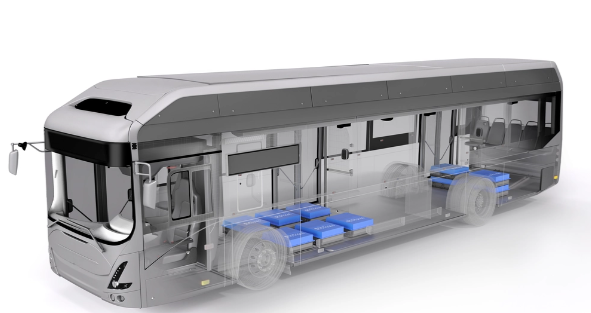The choice of battery for commercial vehicles is critical for optimizing performance, efficiency, and sustainability. As businesses increasingly transition to electric solutions, understanding the various types of commercial vehicle batteries available becomes essential. This article explores the best options for transportation batteries and their implications for commercial applications.
Understanding Transportation Battery Options
When selecting a transportation battery for commercial vehicles, several options are available, each with its unique advantages. The most common types of batteries used in commercial applications include lithium-ion, lead-acid, and advanced battery technologies.
Lithium-Ion Batteries: These are among the most popular choices for commercial vehicle batteries due to their high energy density and efficiency. Lithium-ion batteries can provide longer driving ranges, faster charging times, and a longer lifespan compared to traditional lead-acid batteries. Their lightweight nature also contributes to improved vehicle efficiency, making them suitable for various commercial applications, including buses and delivery trucks.
Lead-Acid Batteries: While lead-acid batteries have been a staple in the industry for many years, their weight and lower energy density make them less suitable for modern commercial vehicle applications. However, they can still be a cost-effective option for certain vehicles with lower performance requirements. Lead-acid batteries are often used in applications where upfront costs are a significant concern, but they may not offer the same operational efficiency as lithium-ion options.
Advanced Battery Technologies: Emerging technologies, such as solid-state batteries and flow batteries, are gaining attention in the commercial vehicle sector. These advanced transportation batteries promise higher energy densities, enhanced safety, and improved performance under various conditions. While still in development, these technologies may offer significant advantages for future commercial applications.
Factors to Consider When Choosing Commercial Vehicle Batteries
When selecting the best transportation battery for a commercial vehicle, several factors must be taken into account:
Performance Requirements: Different commercial applications have varying performance needs. For instance, city buses require batteries that can handle frequent stops and starts, while freight trucks may need batteries that support longer driving ranges. Understanding the specific requirements of the vehicle will help in selecting the appropriate battery technology.
Cost-Efficiency: While lithium-ion batteries offer many advantages, their initial cost can be higher than that of lead-acid batteries. Businesses must weigh the long-term savings from lower maintenance and operational costs against the upfront investment. Evaluating the total cost of ownership is essential for making an informed decision.
Sustainability Goals: As companies increasingly focus on sustainability, selecting a transportation battery that aligns with these goals is crucial. Lithium-ion batteries, for instance, offer a greener alternative to traditional fuel sources and contribute to reducing carbon emissions. Choosing a battery that supports a more sustainable transportation solution can enhance a company’s reputation and meet regulatory requirements.
Selecting the best battery for commercial vehicles is essential for optimizing performance, cost-efficiency, and sustainability. Lithium-ion batteries currently lead the market due to their superior performance characteristics, but businesses must also consider emerging technologies and specific application needs when making their choice.
Battery Solutions for High-Frequency Bus Operations
Specializing in safe, durable, high-performance battery solutions for high-frequency bus operations, REPT BATTERO powers city buses, shuttle services, and intercity transport with its transportation battery systems. These solutions enhance operational efficiency, paving the way for a more sustainable public transportation future.


